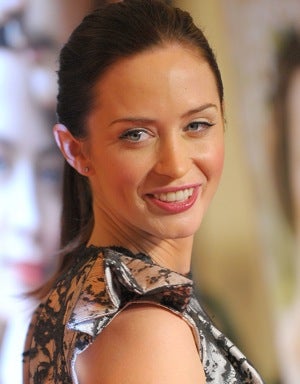If you somehow managed to miss Emily Blunt in “The Devil Wears Prada,” the mega-grossing comedy that served as her breakthrough film, chances are you’ll see her in something soon. A Golden Globe nominee and Oscar hopeful for “The Young Victoria,” now out in theaters, Blunt also stars alongside Anthony Hopkins and Benicio del Toro in next month’s “The Wolfman,” and will appear later this year as a dimwitted Lilliputian princess in “Gulliver’s Travels” and as the female lead opposite Matt Damon in “The Adjustment Bureau.
She spoke with Eric Estrin about auditioning for executives, making the most of her English accent, and the bathroom phone call that turned her life around.
I started in the theater. I managed to land a professional gig without training, which is very lucky for me. I did a play with my school in the Edinburgh Festival, and an agent came to see it. He said, I’d like to give you a go. It hadn’t been a burning ambition of mine, but I quickly realized it was something that I felt was really calling to me.
Then I finished my exams, finished school and I got my first job in a play with Judi Dench in the West End. I soaked up everything like a sponge, watching someone like Judi work.
